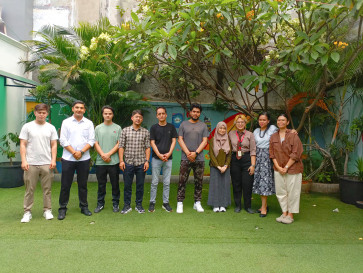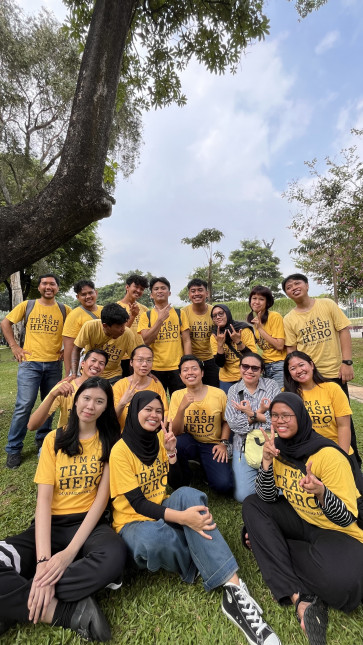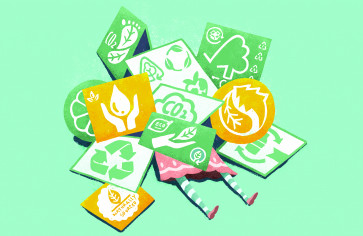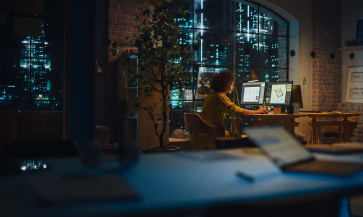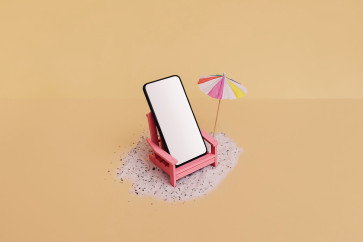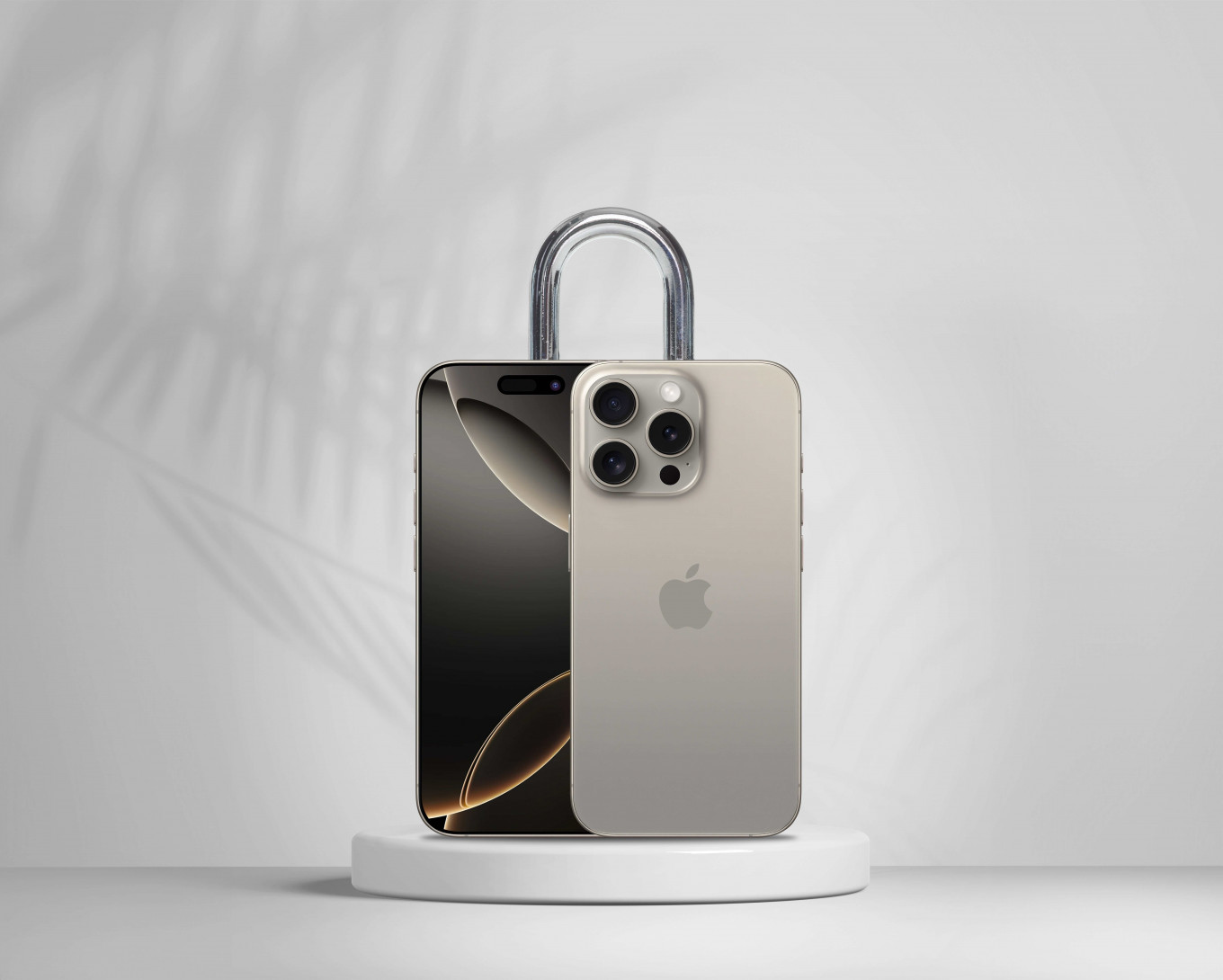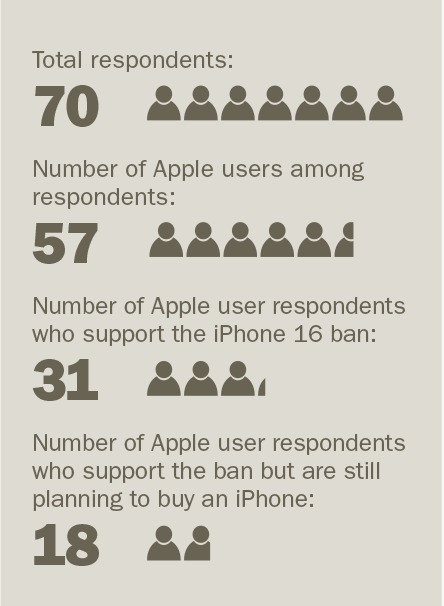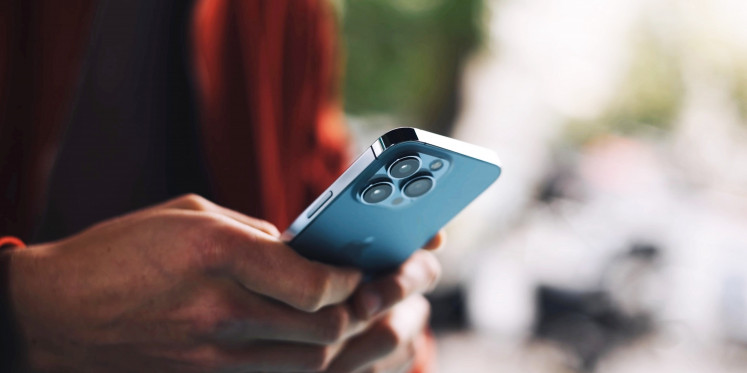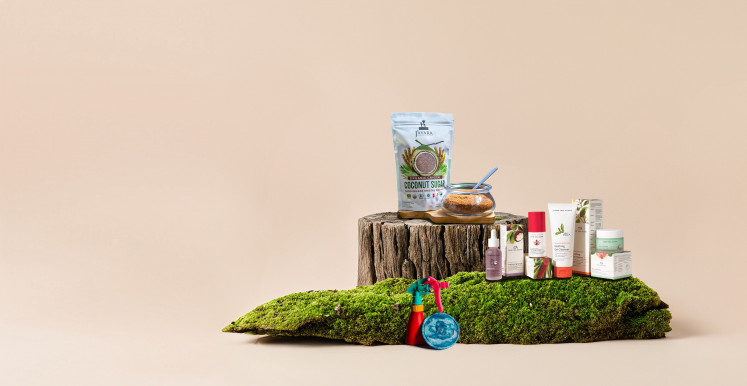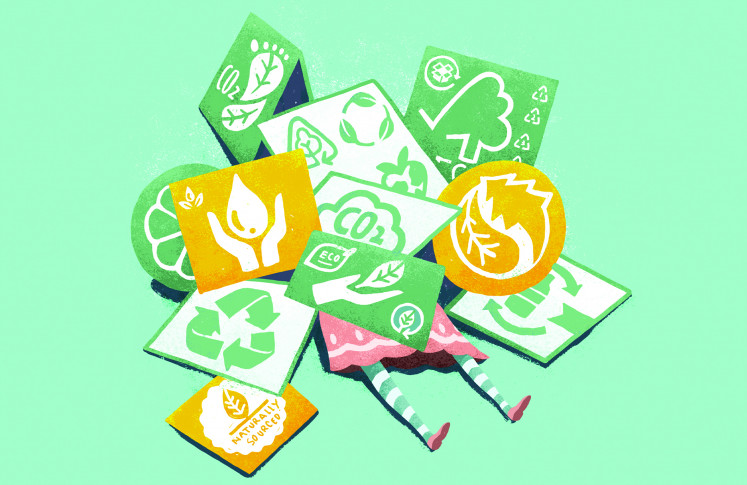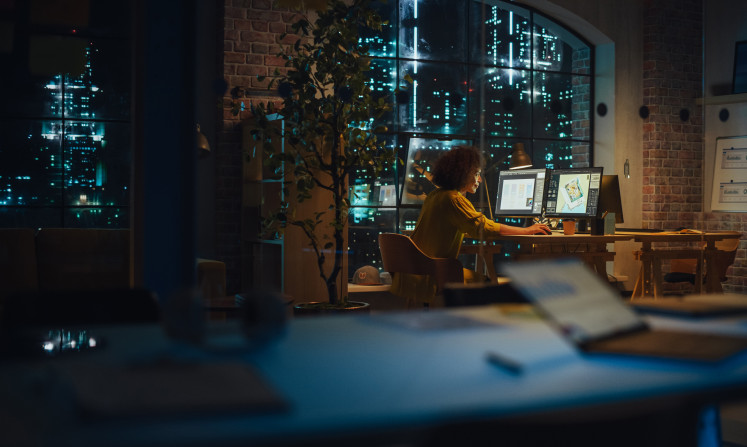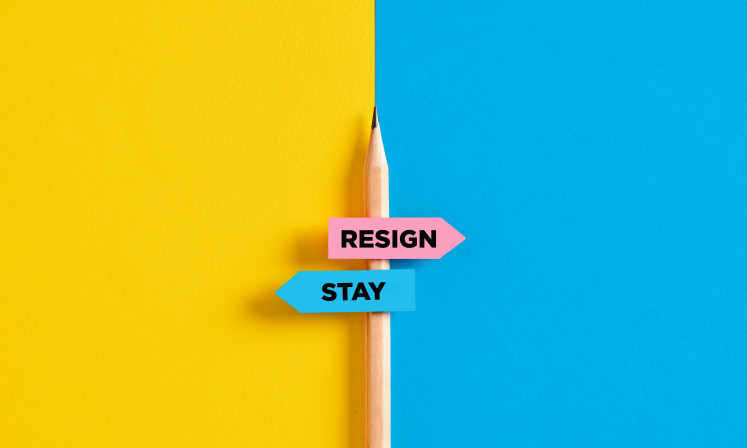Shutterstock
If there was ever any doubt that Apple has a cultlike following in Indonesia, consider this: Despite the government’s ban on the iPhone 16, which starts at around Rp 15 million (US$926) – roughly the price of a motorbike or an overseas trip – some Indonesians still bought the smartphone abroad, queued for hours to register their IMEI and paid at least Rp 3 million in additional taxes and import duties.
And they went through all this just for minor upgrades over the previous model.
“You don’t actually see major improvements in Apple's latest lineup, but people still talk about it, people still buy it,” said Jocelyn Budipranoto, who has been an Apple user for over a decade.
As of November, the government said 11,000 units of the new iPhone had entered the country via carry-on luggage.
With this level of brand loyalty, you’d expect the heavy-handed ban on the iPhone 16 to incite waves of protests online.
Surprisingly, many netizens have been generally supportive of the move, suggesting the issue has stirred nationalist sentiment.

Thank you!
For signing up to our newsletter.
Please check your email for your newsletter subscription.
In an informal online survey we conducted last month, 41 of 70 respondents, or 58 percent, said they thought the government was justified in banning local sales of the new iPhone to push for more investment from the tech giant.
Only nine disagreed, while the remaining 20 were undecided.
Before you say they’re probably Android users, 57 of the respondents identified as Apple users, and 31 of them still supported the ban. Among the undecided, 17 were Apple users, indicating mixed feelings or confusion over the issue.
Unrequited loyalty?
Apple’s market share in Indonesia has grown over the last few years, more than doubling from just 5.49 percent in 2019 to 11.77 percent in 2024 to surpass even India, where its market share hovers at around 5 percent.
Despite the growing preference among Indonesian consumers for Apple’s sleek products, the issue surrounding the latest iPhone appears to have spotlighted the company’s lack of reciprocity towards its local fan base.
For one, the tech giant’s minimal presence in the country has been obvious for many years.
“One question is why Apple never opened a flagship store in Indonesia, considering the number of Apple consumers here,” said Justin Sitompul, a Jakarta-based legal practitioner and Apple user who believes the ban is justified.
Across the region, Apple has three official stores in Singapore, two in Thailand and one in Malaysia, but none in Southeast Asia’s largest economy.
The disparity became even more pronounced after the Industry Ministry revealed that Indonesia led regional iPhone sales in 2023 with 2.61 million units.
Vietnam, where Apple has invested more than $15 billion in 35 manufacturing facilities, sold just 1.54 million units that year.
Around 37 percent of our respondents, the majority Apple users, said the company was treating Indonesia unfairly compared to countries like Vietnam. Another 33 percent said Apple and Indonesia should treat each other fairly.
A matter of fairness
“It’s time for us to stand up for ourselves. The international world has looked down on us for so long. This isn’t about economic purposes, but also about the nation’s dignity,” wrote Fidia Apriliana, a corporate professional from Jakarta, a respondent and Apple user.
The government rejected Apple’s earlier offer of $100 million as “unfair”, and although Apple has now committed to investing $1 billion, some respondents said this was still not enough.
“We’re the fourth most populous country and we’d be stupid if we stopped at just $1 billion, considering how much profit Apple makes globally,” wrote Apple user Stefanie.
“Indonesia has the biggest iPhone consumer [base], [but the] lowest investment. It seems like the government is being unfair if it lets Apple sell their product with that amount of investment,” wrote another Apple user.
Reports that Apple had also asked the government for a 50-year tax holiday also did not sit well with a lot of consumers.
“Apple asking [for] a tax holiday for 50 years is kind of arrogant,” wrote Dody Hasril, a finance consultant in Jakarta.
Fairness is a two-way street, though, and some 16 percent of respondents found the government was being overly demanding.
“The Indonesian government has been proven over and over to be unreliable with unclear policies […][so] Apple has every right to not meet Indonesia’s baseless demand,” wrote Willy.
JP (JP)
Apple user Tengku Derizal, an in-house counsel based in Bekasi, suggested that the need for these types of hardball tactics would disappear if the government improved Indonesia’s investment climate.
“Resorting to coercive measures signals a lack of confidence in Indonesia’s intrinsic strengths, potentially deterring not just Apple but other foreign investors as well,” he wrote.
Apple for life
Regardless of their feelings about the ban and the brand, some 70 percent of respondents said they would still buy Apple products.
“Some customers who already live inside Apple’s ecosystem will either wait for the ban to be lifted or go the extra mile by purchasing the mobile device from our neighboring countries,” said Justin.
Among the 31 Apple users who support the ban, 18 are considering alternatives, such as simply waiting for the ban to be lifted so they can buy the iPhone 16 locally, like Justin. Others are thinking of buying an older iPhone instead, or even purchasing the iPhone 16 abroad and paying the necessary taxes and duties.
But shifting to Android was not a popular option among these respondents.
“[The] Android system isn’t necessarily more complicated, but Apple users just aren’t used to it,” Justin said.
Apple’s integrated ecosystem is a key factor in keeping users and attracting new ones.
Shutterstock (Shutterstock)
Itsnaini Nurfaizah, who bought her first Apple product in 2021, is now saving up to buy an iWatch and an iMac to make the most of it.
“Apple’s native apps already fulfill a lot of my needs, so I’m not planning to switch to Android,” she said.
To many, Apple is more than a product; it’s a symbol of sophistication and innovation.
“I think people love it because it’s a product of Steve Jobs. He has created the mindset that his products are truly well made,” Jocelyn said.
“People still think that if you’re an Apple user, you’re cool,” she added.
Once you’re in the Apple ecosystem, it’s hard to leave, so it seems neither the government’s ban nor Apple’s lack of investment will drive consumers away.
If anything will push customers to switch, it will be Apple itself.
"If Apple fails to bring interesting innovations in the future,” said Itsnaini, “then I might switch back to Android.”
Michelle Anindya is a writer and journalist. From her home in Bali, she writes about anything from coffee to tech.






